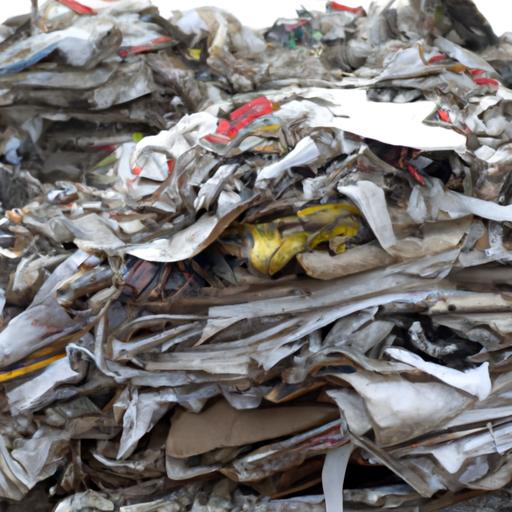How Long Does it Take for Paper to Decompose?
Paper is an essential material for communication, education, and entertainment. However, it is also a significant source of waste that can have a detrimental impact on the environment. Therefore, it is essential to know how long it takes for paper to decompose to manage our paper waste effectively.
The average decomposition time for paper depends on various factors, such as the type of paper, the environmental conditions, and the presence of other materials. According to research, it takes about 2-6 weeks for paper to decompose in ideal conditions, such as high heat, high humidity, and direct sunlight. However, under normal environmental conditions, it can take several months to years, depending on the type of paper.
Examples of paper products and their decomposition time vary significantly. Newspapers, for instance, decompose faster than glossy magazines due to the type of paper used. Newspapers can take about 2-4 weeks to decompose, while glossy magazines can take about 6 months to a year. Other paper products, such as cardboard boxes, can take about 2 months to decompose, while paper towels and tissues can take about 2-4 weeks.
It is also important to note that paper decomposition time can be affected by other materials mixed with it, such as plastic or metal. These materials can slow down the decomposition process and contribute to pollution.
Impacts of Paper Waste
Paper waste can have significant negative effects on the environment. The production of paper requires the destruction of trees, which can lead to deforestation, soil erosion, and loss of habitat for wildlife. Additionally, paper production requires large amounts of water and energy, contributing to carbon emissions and climate change.
Improper disposal of paper waste can also lead to pollution. When paper waste ends up in landfills, it can release methane gas, which is a potent greenhouse gas that contributes to global warming. In addition, paper waste can contaminate soil and water, harming plants, animals, and humans.
Therefore, it is crucial to practice proper paper disposal, such as recycling or composting, to reduce the negative impacts of paper waste. Recycling paper can save trees, reduce energy consumption, and decrease carbon emissions. Composting paper can also provide valuable nutrients for soil and plants, reducing the need for chemical fertilizers.
In conclusion, understanding how long it takes for paper to decompose and the impacts of paper waste can help us manage our paper waste effectively and reduce its negative impact on the environment. Proper paper disposal practices, such as recycling and composting, can also help conserve resources and reduce pollution.
Ways to Speed Up Paper Decomposition
While paper will eventually decompose on its own, there are several ways to speed up the process. One of the most popular methods is composting. Composting involves breaking down organic materials, including paper, with the use of microorganisms. This method can be done at home with a compost bin or pile. Composting not only speeds up the decomposition process but also creates nutrient-rich soil that can be used for gardening.
Another natural method for speeding up paper decomposition is vermicomposting. This process involves using worms to break down organic materials, including paper. Vermicomposting can be done indoors or outdoors and is an effective way to dispose of paper waste while also creating nutrient-rich soil.
In addition to natural methods, there are also industrial methods for faster paper decomposition. One such method is through the use of enzymes. Enzymes are biological molecules that speed up the chemical reactions involved in decomposition. Enzymatic methods can be used to break down paper waste quickly and efficiently.
Conclusion
In conclusion, the importance of proper paper disposal and decomposition cannot be overstated. Paper waste has a significant impact on the environment, and responsible use and disposal are crucial. While paper will eventually decompose on its own, there are ways to speed up the process, including composting, vermicomposting, and industrial methods such as the use of enzymes.
It is essential to consider the impact of our actions on the environment and take steps towards responsible paper use and disposal. By implementing these methods, we can reduce the amount of paper waste in landfills, create nutrient-rich soil for gardening, and promote a more sustainable future.

